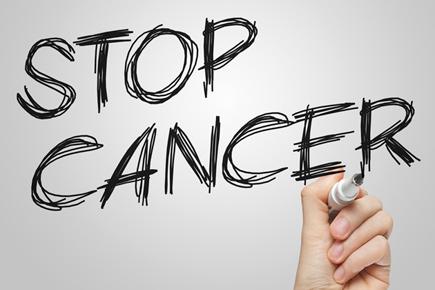Gemcitabine works by blocking new DNA and killing any dividing cells


Flushing the bladder with a common chemotherapy drug immediately after surgery significantly reduces the chances of bladder cancer returning, show the results of a new clinical trial.
ADVERTISEMENT
"One of the biggest issues with low-grade bladder cancer is that it frequently returns," said lead researcher Edward Messing, Professor at the University of Rochester School of Medicine and Dentistry in the US.
"The real importance of this study is that we now have a readily available drug that's fairly inexpensive, well-tolerated, and effective," Messing said.
For the study, published in the Journal of the American Medical Association (JAMA), the researchers conducted a randomised, double-blind clinical trial involving 406 eligible patients at 23 cancer centres.
Surgeons removed all cancerous tissue with a procedure known as TURBT, or transurethral resection of bladder tumour.
Then, about half of the patients received the chemotherapy drug, gemcitabine, mixed with saline, administered via catheter to the bladder area within three hours after surgery.
Gemcitabine works by blocking new DNA and killing any dividing cells.
It's used to treat several other cancers, including advanced bladder cancer, but had not been studied in this setting among low-grade cancer patients.
The second group of patients received saline alone.
The researchers followed all patients for four years -- the time period when most bladder cancers return -- seeking to discover which treatment strategy worked better.
The results were clear -- 35 per cent patients in the gemcitabine group experienced a recurrence, compared with 47 per cent patients in the saline group.
The findings of the study by SWOG, an international clinical trials network funded by the National Cancer Institute, "support using this therapy".
The researchers, however, noted that further research is needed to compare various chemotherapy agents for their effectiveness.
 Subscribe today by clicking the link and stay updated with the latest news!" Click here!
Subscribe today by clicking the link and stay updated with the latest news!" Click here!






